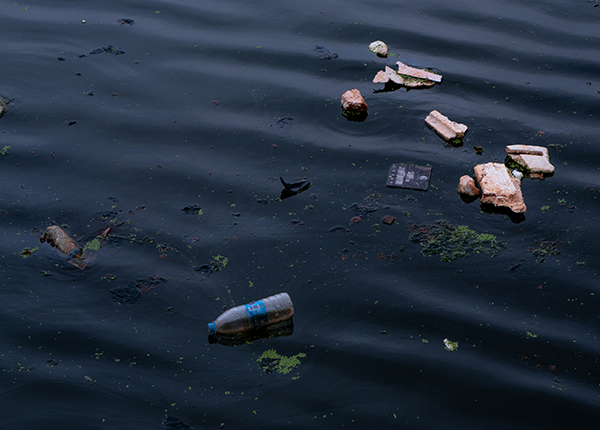Researchers expand study on “forever chemicals” in drinking water
Researchers will include children, new biomarkers in expanded research on how contaminated drinking water affects residents of El Paso County communities
Nov 4, 2021
AURORA, Colo. (November 15, 2021) – Researchers from the Colorado School of Public Health and partner institutions will expand on a groundbreaking study examining the effects of contaminated drinking water on residents of El Paso County thanks to a $5 million grant from the Agency for Toxic Substances and Disease Registry.
Initial research, which began in 2018, sought to identify how poly- and perfluoroalkyl substances, or PFAS, found in drinking water in communities in El Paso County affect the health of more than 200 exposed adults. PFAS are man-made chemicals used in a wide array of industrial and consumer products, mostly as non-stick and stain-resistant agents. They’re also known as “forever chemicals” because they do not break down once in the human body. Residents of the El Paso County communities of Fountain, Security, Widefield and Stratmoor Hills who had PFAS-contaminated water supplies prior to 2016 were recruited for this study.
Now, researchers aim to recruit 1,000 adults and 300 children from these communities for a more comprehensive examination of PFAS exposure and health effects called CO-SCOPE, the Study on Community Outcomes from PFAS Exposure. CO-SCOPE will not only include participants under the age of 18, it will also examine a wider set of health outcomes, including biomarkers of cancer risk, thyroid and liver disease, and learning and behavior in children.
“Not enough is known about the long-term effects PFAS can have on the health of people exposed through drinking water, so the continuation of our research is critical,” says John Adgate, PhD, MSPH, Colorado School of Public Health Professor and co-Principal Investigator. “PFAS contamination has been identified in hundreds of water sources in Colorado and around the United States. Understanding how PFAS exposure affects their health can help Coloradans understand the risks from PFAS and decide what interventions are needed to help protect their families.”
Who can I contact for more information or to participate in the study?
Email: coscope@cuanschutz.edu
Phone: (719) 425-8828
www.CO-SCOPE.org
What are the eligibility requirements for the study?
Age limit: Adults and children age 4 and older. Parents may be eligible to enroll more than one child.
Residence: Must currently live in or previously lived Fountain, Security, Stratmoor Hills or Widefield during the time when these areas were impacted by PFAS water contamination (between 2006 and October 2015).
Employment: Adults will not be eligible if ever employed as a firefighter, ever participated in fire training exercises using aqueous film-forming foam (AFFF), or were ever employed in industrial facilities that used PFAS in the manufacturing process (i.e., PFAS manufacturing workers, chrome plating workers, electronics, pulp and paper mill workers, and automotive service technicians and mechanics). Children cannot participate if their birth mothers were ever employed in these professions.
Colorado School of Public Health faculty will also be available to speak with media about the study.
About the University of Colorado Anschutz Medical Campus
The University of Colorado Anschutz Medical Campus is a world-class medical destination at the forefront of transformative science, medicine, education and patient care. The campus encompasses the University of Colorado health professional schools, more than 60 centers and institutes, and two nationally ranked independent hospitals - UCHealth University of Colorado Hospital and Children's Hospital Colorado - that treat more than two million adult and pediatric patients each year. Innovative, interconnected and highly collaborative, the University of Colorado Anschutz Medical Campus delivers life-changing treatments, patient care and professional training and conducts world-renowned research fueled by over $650 million in research grants. For more information, visit www.cuanschutz.edu.


